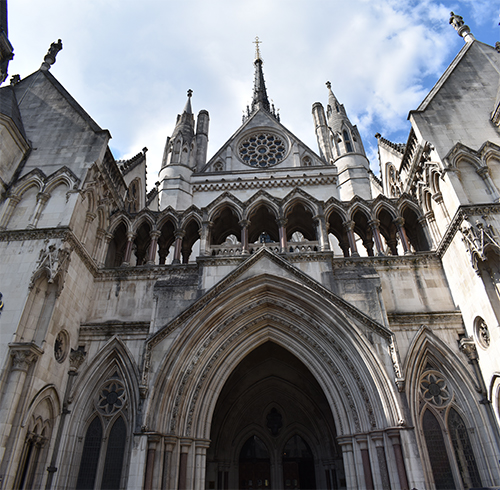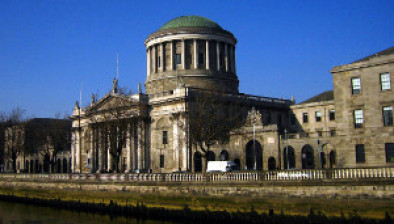England: Law Commission proposes revision of contempt law

The centuries-old distinction between “criminal contempt” and “civil contempt” will be scrapped in England under proposals set out by the Law Commission of England and Wales.
‘Contempt of court’ refers to a wide variety of conduct that may impede or interfere with the administration of justice, for example taking photographs in a courtroom, making an audio recording of proceedings, assaulting court staff or witnesses, and refusing to answer a court’s questions if called as a witness.
It may also be committed by conduct that occurs elsewhere, for instance by journalists, bloggers or members of the public publishing material that risks prejudicing a trial or publishing in breach of reporting restrictions.
Contempt is not a criminal offence in England and Wales but the sanctions that may follow include imprisonment for up to two years and unlimited fines. On average, each year at least 100 people receive an immediate or suspended prison sentence.
The Law Commission is seeking views on a wide range of issues with the aim of clarifying and improving the fairness, consistency, coherence, and effectiveness of contempt laws.
The commission proposes to do away with centuries-old distinctions between “criminal contempt” and “civil contempt” in favour of a modern, streamlined set of contempt laws.
It proposes that there should be three forms of contempt of court.
- “General contempt”: Examples include abusing court staff or witnesses, disrupting a hearing, or making unauthorised recordings of proceedings. Proceedings may be commenced by the court itself or by the attorney general, who has a constitutional role as guardian of the public interest in the administration of justice.
- “Contempt by breach of court order or undertaking”: Examples include litigants in high value commercial disputes taking assets out of the country in contravention of a “freezing order” requiring them not to do so, or protesters entering on land when an injunction prohibits it, or people subject to anti-social behaviour injunctions (ASBIs) breaching the terms of those injunctions. Proceedings may be commenced by, for instance, the litigant in a commercial dispute who obtained the freezing order, the landowner that took out an injunction to prevent protesters causing disruption, or a local authority who obtained the ASBI. Proceedings can only be commenced with permission of the court.
- “Contempt by publication when proceedings are active”: Examples include media reporting or social media posts that create a substantial risk that the course of justice in active proceedings will be seriously impeded or prejudiced. For instance, when a publication reveals information that may not be admissible in evidence then it may carry a risk of influencing a jury in a criminal trial. Proceedings can only be commenced with the permission of the Attorney General or, more commonly, the Attorney General takes action by commencing proceedings.
Professor Penney Lewis, commissioner for criminal law, said: “It is important that the laws governing contempt are both fair and clear to provide justice for all those involved in court proceedings. This includes not only the parties involved but those observing or reporting on proceedings.”










